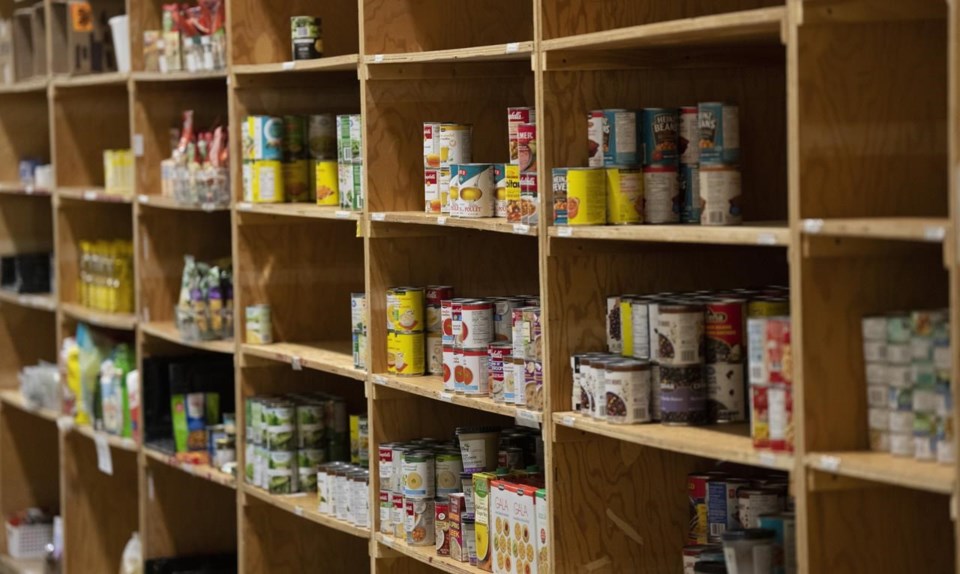ST. JOHN'S, N.L. — A Newfoundland and Labrador non-profit says dwindling funding and overwhelming demand is forcing the closure of its food helpline, but it's not looking for more money to keep it going.
Instead, Josh Smee, Food First N.L.'s chief executive officer, has joined a growing chorus of Canadian food charities who say the country's worsening hunger problem will best be solved through policies that ensure people have the money they need to afford food.
The soaring cost of living is driving "unsustainable" demand for many food charities, Smee said in a recent interview, noting that the number of people now seeking help is far greater than it was at the onset of the COVID-19 pandemic.
"There's a broader realization happening now that this is not a problem that can be solved through charity," he said. "And I think that's one of the challenges, is that we've built a model that does depend on charity."
Food First N.L.'s community food helpline was among hundreds of programs launched to help people during the pandemic. A report last week from Second Harvest, a national organization aimed at redirecting food waste, says there were over 1,400 more food programs operating in the country in December than in the months before the pandemic.
In December 2022, Second Harvest surveyed about 1,300 food agencies across the country that said they serve more than 5.1 million Canadians a month. They expect that number to climb to over 8.2 million people a month in 2023, the report said.
Food First's community helpline connected callers with gift cards for grocery stores, and the decision to end the program in March was "visceral, personal and emotional," Smee said. Over the past three years, the helpline provided service to more than 11,000 clients in 80 different communities in the province.
"At the same time, I think all of us who were involved in this work can see that the scale of the problem has outstripped what we can do here," Smee said, adding that people were waiting weeks for help as the backlog of callers grew.
Nick Saul, chief executive officer of Community Food Centres Canada in Toronto, said Food First is not alone. Community Food Centres works with about 400 organizations, many of which are "completely and utterly swamped" as more people can't afford to eat, Saul said.
"The crisis is very, very real," he said in an interview. He described it as an "inflection point," adding that wages, job quality and social supports for low-income people have long been inadequate.
"We all need to do the charity as best we can ... but boy, it's a very small fraction of the larger work we need to do, which is about improving income policy and social support systems," he said.
Across the provinces in 2021, annual welfare rates for a single person considered employable, including tax breaks, ranged from $7,499 in New Brunswick to $13,838 in Prince Edward Island, according to Toronto-based anti-poverty think tank Maytree. Saul said they need to increase significantly.
Community Food Centres Canada is also advocating for a tax supplement aimed at working-age single childless adults, who face the highest and deepest poverty levels in the country, he said.
In Newfoundland and Labrador, John Abbott, the minister of children, seniors and social development, said his office is working alongside Food First to ensure users of the community food line will be looked after when it closes.
"I concur that we need to make sure that individuals have more income, and better access to food and housing," Abbott said in an interview. "That's something I'm particularly focused on."
He pointed to several initiatives, including the all-party committee on basic income he launched in November, and the five per cent increase to income support rates announced that same month.
Smee said he believes systemic change will come, adding that policymakers will have to figure out how to help people in the meantime.
"Part of what's happening is that households that have more access to decision-makers are suddenly becoming food insecure," he said. "So that's helping move this conversation around."
This report by The Canadian Press was first published Jan. 18, 2023.
Sarah Smellie, The Canadian Press


